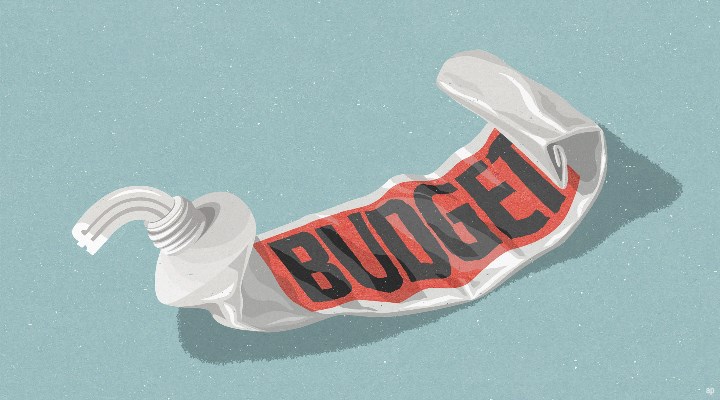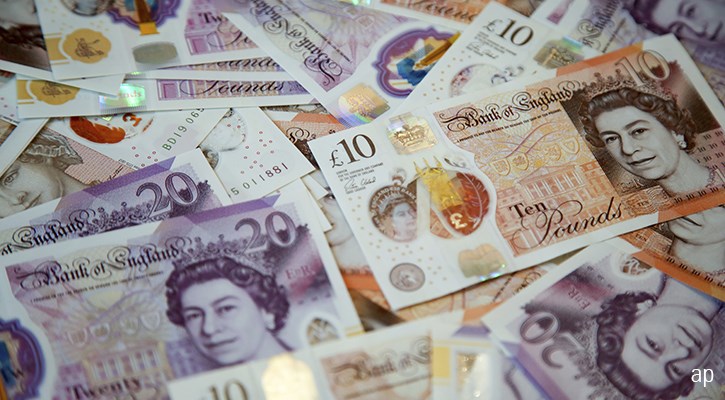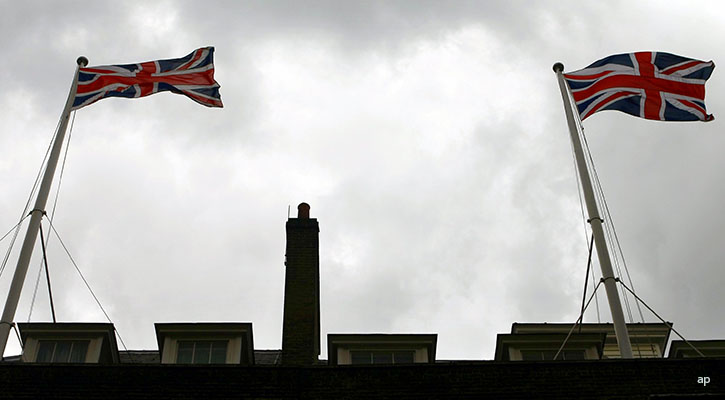
The UK is waking up to more bad news this morning after the Office for National Statistics published its latest gross domestic product (GDP) data for April.
In it, the ONS said UK GDP had fallen by 0.3% in April, raising further fears of an economic recession.
Generally speaking, a recession occurs when GDP falls across two successive quarters. In the three months to April, GDP was still up, but the bad news today is already prompting questions about a potential recession in the near future. Trickily enough, the situation can only be measured retrospectively, as it takes time to gather and analyse the economic data.
Breaking the figures down, the ONS said the UK services sector had contracted 0.3% in April, while manufacturing and construction both shrank 0.4%. But neither industry drove the overall fall in GDP alone, it said.
“A big drop in the health sector due to the winding down of the test and trace scheme pushed the UK economy into negative territory in April,” director of economic statistics Darren Morgan said.
“Manufacturing also suffered, with some companies telling us they were being affected by rising fuel and energy prices.”
As the cost of filling up an average family car topped £100 last week, the ONS noted car sales had enjoyed a better April, after a “significantly weaker than usual April.”
Challenges Ahead
Whether the UK does in fact meet the criteria for declaring a recession, it is clear a period of some sort of stagflation has arrived. The next question is: how long will that last?
“The latest GDP data from the ONS intensifies the likelihood of the UK heading for a prolonged period of stagflation – where an economy simultaneously experiences stagnant or low economic growth and high inflation,” says Bestinvest personal finance analyst Alice Haine.
“With inflation hitting 9% in April and expected to hit double digits in the fourth quarter, amid surging food, fuel and energy prices, it is only natural to expect households to rein in their spending as they strive to meet their monthly financial obligations.”
Speaking to Sky News this morning, environment secretary George Eustice conceded real challenges lay ahead for the UK economy.
“We’ve known for some time this was going to be a challenge,” he said.
“We’ve got unemployment at record lows, the lowest it’s been since 1974, but of course there are some real challenges ahead and these GDP figures are a reminder of those challenges.”
He later told BBC Breakfast the figures were “disappointing.”























